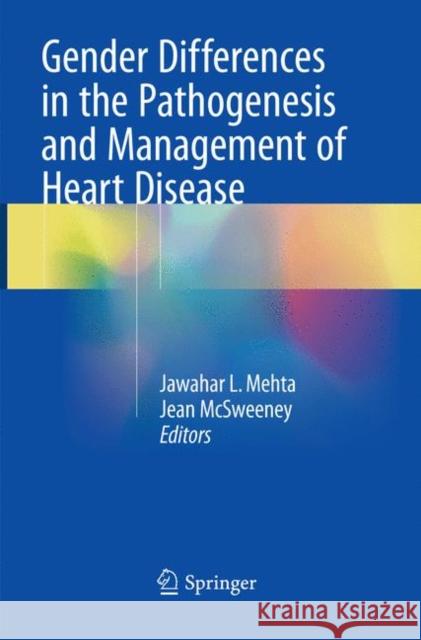Gender Differences in the Pathogenesis and Management of Heart Disease » książka
topmenu
Gender Differences in the Pathogenesis and Management of Heart Disease
ISBN-13: 9783030100186 / Angielski / Miękka / 2019 / 361 str.
Gender Differences in the Pathogenesis and Management of Heart Disease
ISBN-13: 9783030100186 / Angielski / Miękka / 2019 / 361 str.
cena 506,99 zł
(netto: 482,85 VAT: 5%)
Najniższa cena z 30 dni: 501,19 zł
(netto: 482,85 VAT: 5%)
Najniższa cena z 30 dni: 501,19 zł
Termin realizacji zamówienia:
ok. 20 dni roboczych.
ok. 20 dni roboczych.
Darmowa dostawa!
Kategorie BISAC:
Wydawca:
Springer
Język:
Angielski
ISBN-13:
9783030100186
Rok wydania:
2019
Wydanie:
Softcover Repri
Ilość stron:
361
Waga:
0.59 kg
Wymiary:
23.37 x 21.34 x 1.78
Oprawa:
Miękka
Wolumenów:
01











